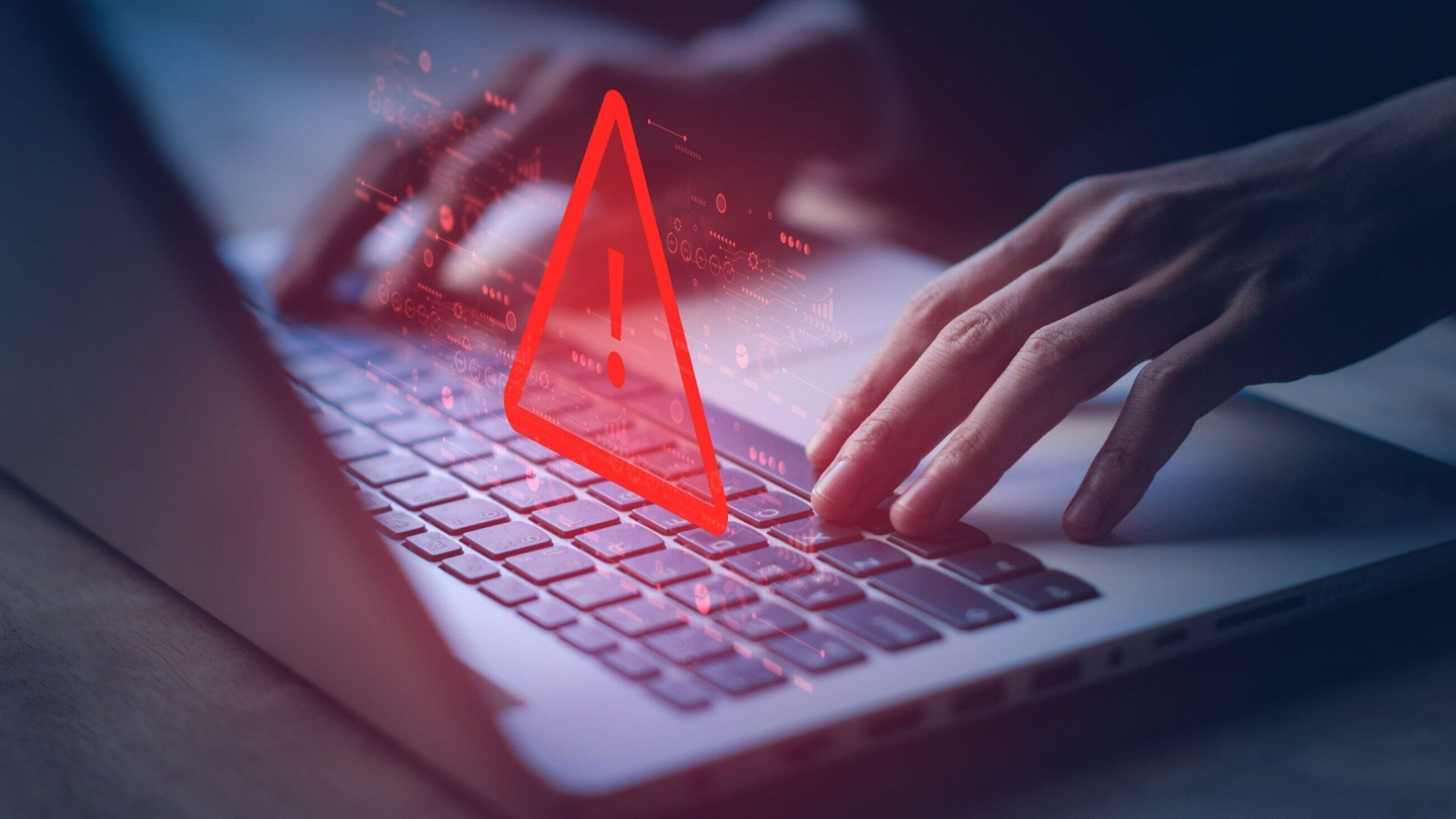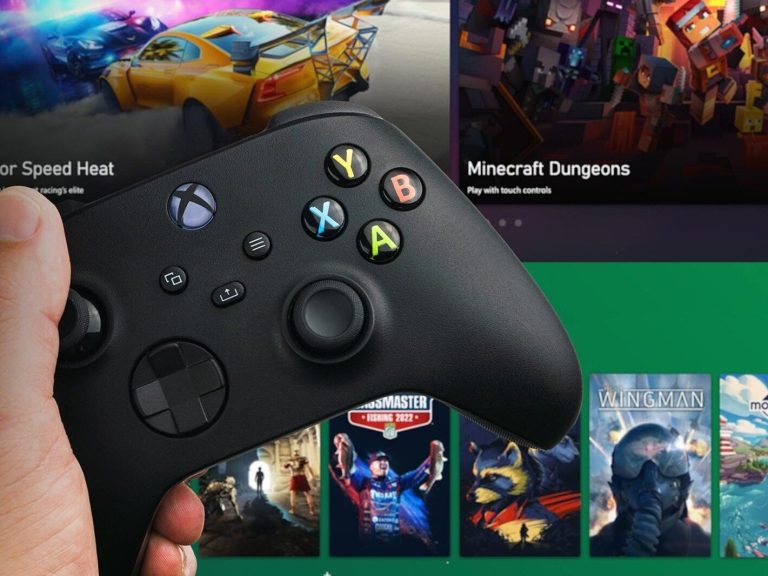Do not share this information on the Internet. Criminals are just waiting for this

The expert argues that Internet users must know what digital trace they leave behind and how their data is used – also by cybercriminals.
– Today you can download a data file about yourself from Facebook. This is data generated in text form and – to roughly illustrate how much information about us exists in cyberspace – such a file can be up to approx. 20 MB. Every person who has ever worked with a text file knows that a large book takes up about 500 KB of data, and here we are talking about as much as 20 MB, or hundreds of thousands of pages of information about us: who we meet, what we like, what we don't like we like what ads and posts we click on most often, what interests us, what we can focus our attention on. This behavioral data about us is very valuable, it is used, among others, by the marketing market. On their basis, you can, for example, prepare advertising campaigns for us that we will simply be sensitive to and that we will not be able to resist – says Dr. Piotr Łuczuk.
Facebook and company know everything about us
Platforms such as Facebook, TikTok, X (formerly Twitter) and YouTube are used by hundreds of millions of users every day. The so-called big tech collects huge amounts of data about these users, including: age, gender, education, place of residence, interests, personality traits, diseases, sexual preferences and contacts, many of which are sensitive and intimate in nature. This data is used to “feed” AI algorithms that personalize ads and recommend content. The goal of these algorithms is to maximize the time users spend on the platform so they see as many ads as possible, which generates even more data to further fuel the advertising algorithms.
The Cambridge Analytica scandal in 2016 showed that such data can be used to manipulate users' political views and influence election results. Then, the data of nearly 50 million Facebook users was allegedly used illegally by Cambridge Analytica in the election campaign to promote Donald Trump.
– Data about us exists on two markets. On the legal market, any company that can afford it can buy data about us, there are publicly available databases, and we very often – even unconsciously, install subsequent applications and do not read regulations, alerts or restrictions regarding what permissions we grant them – we open access to a lot of information about ourselves. We go to the database and then we are surprised that someone is calling us from a call center and where they got our number. Right from here. However, this is done legally, in accordance with the law, because we clicked, agreed to this or that application, granted it access and this is how our data ended up on this legal market – says a cybersecurity expert.
– There is also the other side of the coin, i.e. the illegal market operating on the darknet. On the black market, our data is sold, traded to the highest bidder, and then very often used, for example, in internet trolling, in massive disinformation campaigns or, in extreme cases, to take over identities and clean out bank accounts or take out loans at our expense. .
As a recent report by CERT Orange Polska showed, data protection and cybersecurity are an increasing challenge for individual network users, companies, institutions, and at the state level. The anti-cyberthreat team blocked over 360,000 websites last year. fake websites, which is a threefold increase year on year.
Links leading to such websites, created by cybercriminals in order to steal data or empty bank accounts, were clicked by approximately 5.5 million Poles. Among the trends for 2024, experts mention the increasingly advanced use of AI algorithms to select potential victims and create effective disinformation campaigns based on deepfakes and social engineering.






